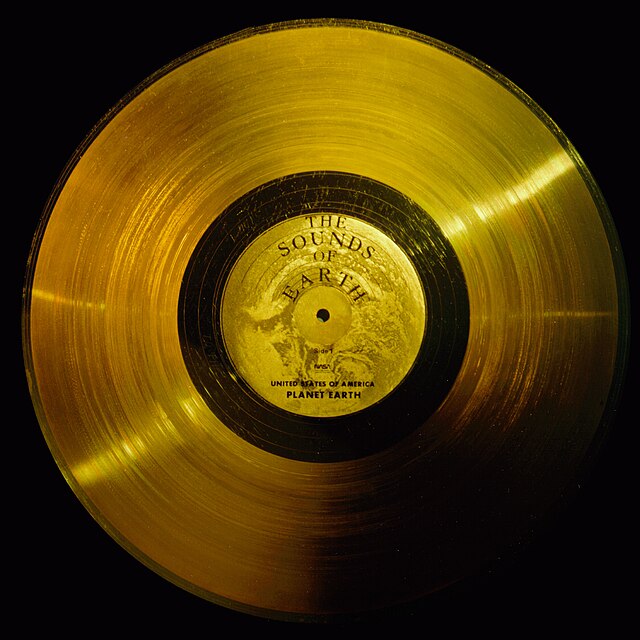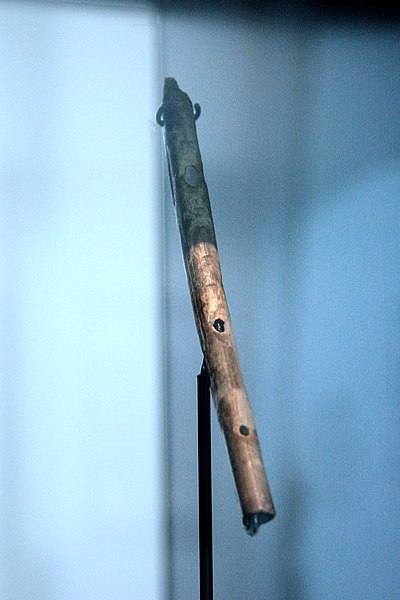The Oxford Companion to Music defines music criticism as "the intellectual activity of formulating judgments on the value and degree of excellence of individual works of music, or whole groups or genres". In this sense, it is a branch of musical aesthetics.
Eduard Hanslick, an influential music critic of the 19th-century
Music is the arrangement of sound to create some combination of form, harmony, melody, rhythm, or otherwise expressive content. However, definitions of music vary depending on culture, though it is an aspect of all human societies and a cultural universal. While scholars agree that music is defined by a few specific elements, there is no consensus on their precise definitions. The creation of music is commonly divided into musical composition, musical improvisation, and musical performance, though the topic itself extends into academic disciplines, criticism, philosophy, psychology, and therapeutic contexts. Music may be performed using a vast range of instruments, including the human voice to sing, and thus is often credited for its extreme versatility and opportunity for creativity.
Grooved side of the Voyager Golden Record launched along the Voyager probes to space, which feature music from around the world
In Greek mythology, the nine Muses were the inspiration for many creative endeavors, including the arts, and eventually became closely aligned with music specifically.
Bone flute from Geissenklösterle, Germany, dated around c. 43,150–39,370 BP.
Indian women dressed in regional attire playing a variety of musical instruments popular in different parts of India





